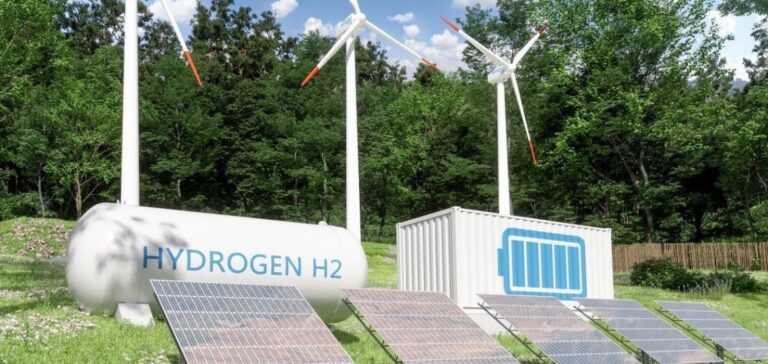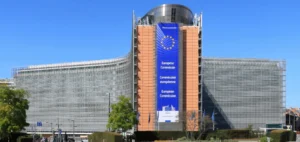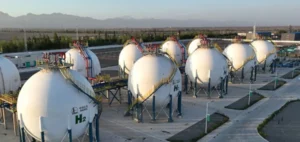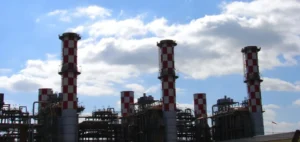Germany plans to cover up to 100 terawatt-hours (TWh) of its annual energy needs by importing green hydrogen via pipelines from neighboring countries by the mid-2035s. This ambition is a key step in the country’s energy transition, aimed at reducing greenhouse gas emissions in highly polluting industrial sectors, such as steel and chemicals, which cannot be electrified.
The use of green hydrogen, produced from renewable energy sources such as solar and wind power, is at the heart of this transition. According to a study by Berlin-based think tanks Agora Energiewende and Agora Industry, hydrogen could account for 11.2% of Germany’s total projected energy demand, estimated at 894 TWh in 2035.
Growing need for imported hydrogen
Despite limited renewable energy resources, Germany will have to import between 50% and 70% of its hydrogen. The country currently uses around 55-60 TWh of hydrogen per year, almost exclusively produced from fossil fuels. By 2030, Germany is expected to produce 11 TWh of hydrogen and import around 17 TWh of green and 15 TWh of blue (produced from natural gas), covering less than half of total projected demand, estimated at between 95 TWh and 130 TWh.
To meet its carbon neutrality targets, Germany needs to boost its hydrogen imports by using Europe’s existing natural gas infrastructure. By 2035, the country could increase its pipeline imports to between 60 TWh and 100 TWh.
Promising import corridors
The study identifies five potential corridors for importing hydrogen into Germany, taking into account production potential, political support and technical complexity. Promising corridors include imports from Denmark and Norway via the North Sea, and potentially from Sweden and Finland via the Baltic Sea at a later stage.
In the long term, pipelines from Southern Europe and North Africa, particularly Spain and Tunisia, could play a significant role. Imports from the UK, Portugal, Algeria, Greece and Ukraine are also envisaged.
For Simon Mueller, Director of Agora Energiewende, Germany needs a secure, cost-effective supply of renewable hydrogen to achieve climate neutrality. “Pipeline imports from Europe are crucial to this,” he asserted. However, he stresses the need for a financing model and rapid cost-sharing agreements between the countries involved to guarantee the required quantities of green hydrogen in the first half of the next decade.
Hydrogen producers and pipeline operators will also need guarantees about Germany’s future demand for hydrogen. The study examined five potential corridors for hydrogen pipelines to Germany, taking into account factors such as production potential, political support and technical complexity.






















